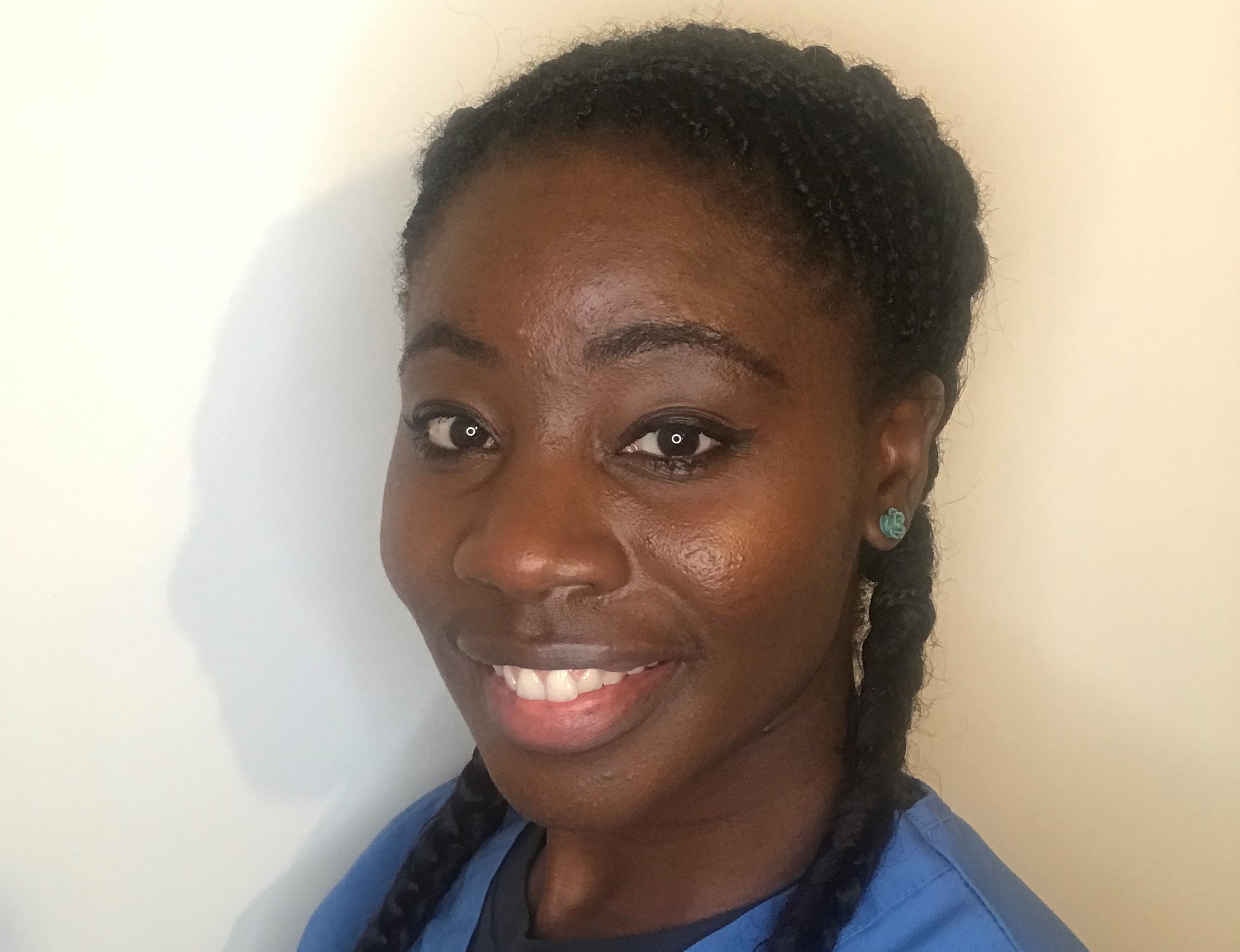A few weeks ago I had the pleasure of speaking to Dr Julie Duodu, a local GP in Leeds, to learn about the trailblazing work she does, her outlook on healthcare, and the impact Covid-19 has had on her medical practice.
The first thing I learned about Dr Julie Duodu from our conversation is that her motivations for becoming a doctor have always been pure. Duodu knew she was going to study medicine since she was just five years old; inspired by doctors whom she viewed as “the people you go to when you’re at the end of yourself”, and who drove her will to acquire the skill-set to be able to help people. That is exactly what she has done: Dr Duodu now works as a GP at York Street Health Practice where she provides healthcare to the homeless, asylum seekers and those in vulnerable housing.
Dr Duodu is taking part in Health Education England’s trailblazer GP programme hosted by NHS Leeds Clinical Commissioning Group (CCG). The scheme recruits GPs in their first five years of practice to work on health inclusion in areas which serve a population of a lower socioeconomic demographic, with the goal of aiding the community. Dr Duodo claims she has “never experienced anything like it” in her training as “everything has always been geared towards the clinical”. However, there is seemingly a lot to be gained from breaking this medical model, as the coaching and developmental teaching provided by the scheme has allowed Duodu to gain a better understanding of patient journey. As a result, Duodu has become better equipped to help patients battling with addiction or personality disorders. In our interview, Dr Duodu urged healthcare professionals to “look at the person as a whole, instead of as an isolated medical issue”. When the patient is sitting in the doctors waiting room, the damage has already been done. By looking beyond that – by considering the individual’s socioeconomic background, their upbringing, their childhood, the chain of events that has led them to the doctor’s surgery that day – will always yield a better result.
Dr Duodo feels that social care and healthcare should go somewhat hand-in-hand as then more work can be done to prevent patient illness, rather than dealing with it after it has already manifested. As part of her work within the CCG, Duodu has been trying to raise awareness for the Healthy Start Vouchers – a government scheme which aims to help families obtain a more nutritious diet and access to vitamins so that children can stay healthy and concentrate more in school. In the UK, these vouchers are worth £3.10 a week per child age 4 and under. At her clinic, Dr Duodu offers support for the scheme wherever she can; including filling in forms for patients if the literacy proves too difficult or printing out forms out for those without access to technology so that they are not digitally excluded. Duodo emphasises just how important it is to “encourage people to apply for schemes without feeling stigmatised by it.”

When speaking about the impact that Covid-19 has had on her work, Duodu remained overwhelmingly positive, explaining that in many ways the use of technology has made work at the practice much more efficient, and admitted that GP’s had been” somewhat stuck in their ways” prior to the pandemic. Over-the-phone or video chat appointments can also greatly benefit the patients as it means that they do not have to take time off work or pay for travel. Despite this, many of Duodu’s patients do not have access to this technology hence there is still a strong need for flexibility and face-to-face appointments. For Dr Duodu, this is preferable as she enjoys personal connections and finds that many patients struggle with discussing mental health related issues over the phone.
One thing that really stood out from my conversation with Dr Duodo was the notion that social care and healthcare should be more closely integrated. Duodo continuously emphasised the positive impacts of transcending the “medical model of care” stating that the Trailblazer programme has not only enhanced her ability to help patients but has ultimately allowed her to “become a better person”.
By Ella Spittall
Header image: Dr Julie Duodu

